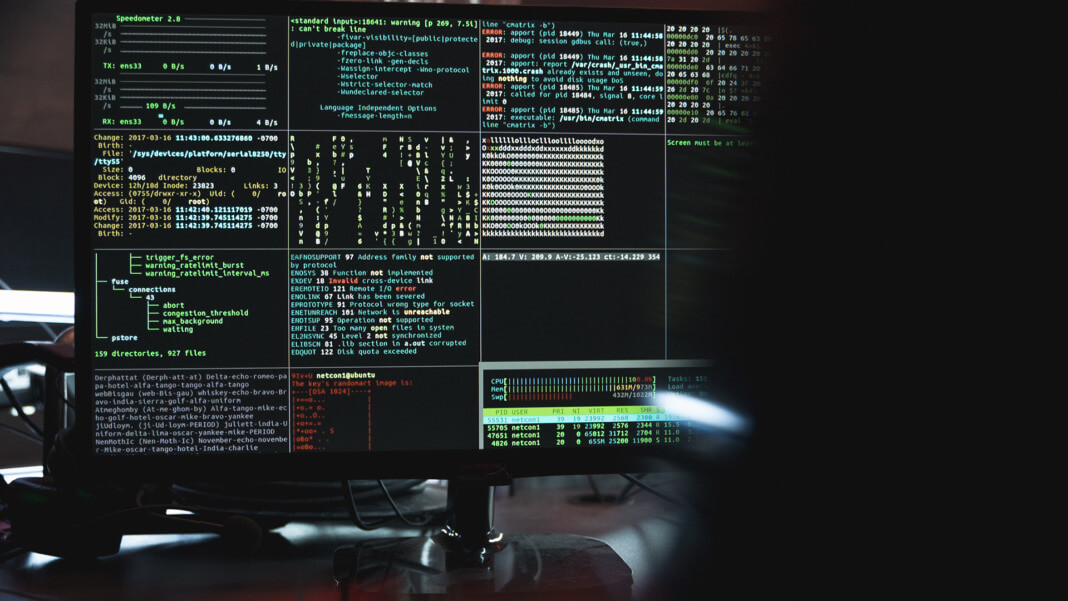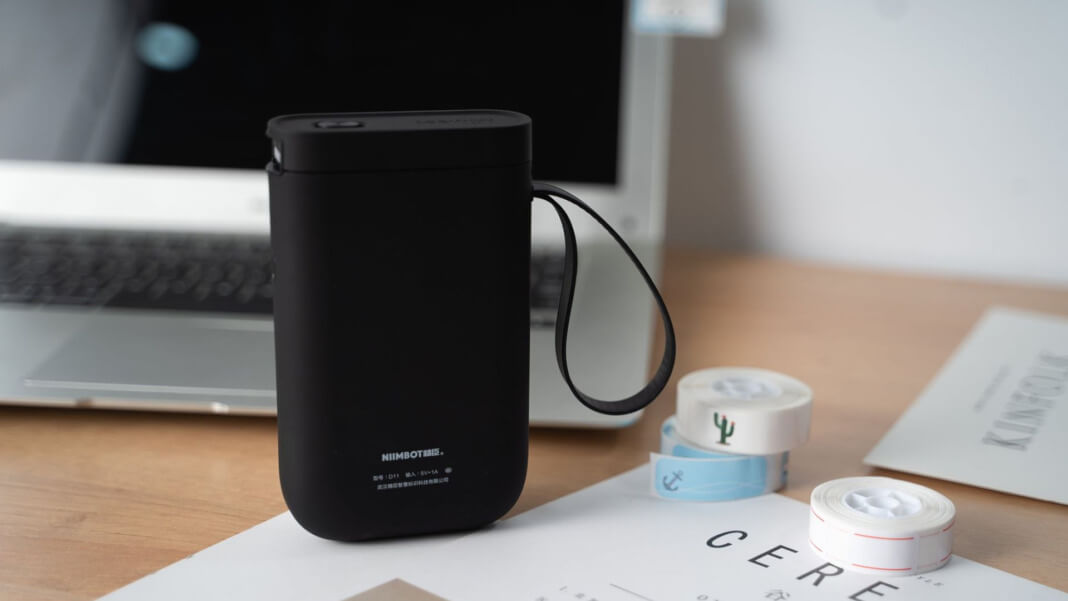Cybersecurity is a significant concern for all businesses, as cyber assaults can have severe ramifications for the impacted company and its personnel. For example, a cyber assault can result in the theft of sensitive personal and company information, which can have long-term consequences for those affected and financial losses and reputational harm. Cyber attacks can take various forms, including phishing schemes, malware, and ransomware, and they can target individuals or entire businesses.
As technology advances and our reliance on the internet grows, so does the risk of cyber assaults, making it more critical than ever for organizations to prioritize cybersecurity. One of the essential methods for companies to protect themselves is to educate their staff on the importance of cybersecurity and the steps they can take to prevent assaults. This can include setting and safeguarding strong and unique passwords, recognizing and avoiding phishing scams, encrypting data, and ensuring secure remote access and connections.
Employees play a critical part in their company’s overall cybersecurity. Employees can assist in preventing cyber-attacks and securing their organization’s assets by following best practices and taking precautions to protect their personal and company information. Employees must stay current on the latest cybersecurity best practices and engage in employee education and training programs to ensure they are prepared to deal with possible attacks. Employees must also know how to respond to a cybersecurity problem, which may include reporting the breach to the relevant parties and adhering to any business policies for dealing with such situations. Employees may help assure the enterprise’s success and security by adhering to these best practices.
The importance of cybersecurity in the workplace
Cybersecurity at the workplace is vital for several reasons. Here are a few key reasons why cybersecurity is crucial in the workplace:
- Protecting sensitive data: Cyber attacks can result in the loss of sensitive personal and company information, which can have severe consequences for the affected individuals and the company. By prioritizing cybersecurity at the workplace, businesses can protect themselves and their employees from losing sensitive data.
- Avoiding financial damage: Cyber attacks can also result in economic damage through direct economic losses and indirect costs such as lost productivity and legal fees. By implementing effective cybersecurity measures, businesses can protect themselves from these financial consequences.
- Maintaining reputation: A cyber attack can also damage a company’s reputation, which can have long-term consequences for the business. By prioritizing cybersecurity, businesses can protect their reputation and maintain the trust of their customers and clients.
- Ensuring compliance: Many industries have strict regulations and compliance requirements related to cybersecurity. By implementing effective cybersecurity measures, businesses can ensure that they comply with these requirements and avoid potential legal consequences.
The consequences of cybersecurity breaches
Data breaches can severely affect businesses, including regulatory and reporting obligations, legal penalties, restitution, and litigation. These expenses can be so significant that they pose an existential threat to some companies. In addition to the direct financial consequences, data breaches can also lead to the loss of competitive advantage if competitors gain access to sensitive business information.
The consequences of a data breach can vary based on the timing, duration, and industry in which the organization operates. For example, a data breach may have more severe consequences for a financial institution than a manufacturer. This is due, in part, to the increased regulatory burden for notification of individuals whose data has been compromised. In addition, notification requirements and penalties for businesses suffering a data breach differ by jurisdiction, both within the United States and Canada and internationally.
If a company experiences a data breach involving its customers, it must determine its customers’ locations and which regulatory authority has jurisdiction. Regulations define the type of data breach for which notification is required after a breach and outline who must be notified, how the notification must be carried out, and whether certain authorities must be informed. Generally, breaches involving personal, financial, and health data are subject to notification requirements, but specific definitions can vary by jurisdiction. Companies doing business internationally may have customers in multiple jurisdictions and must comply with various requirements.
In addition to the direct financial consequences, data breaches can also impact a company’s reputation and business situation. For example, the planned sale of a company could be put in question by a potential data breach, as happened in 2017 with the Yahoo purchase by Verizon. In addition, if competitors gain access to sensitive business information, it can lead to the loss of competitive advantage, which could put the company at risk.
Top tips for protecting your personal and company information

Employees can take many precautions to protect their personal and company information from cyber attacks:
- Creating and safeguarding strong and unique passwords: Using strong and unique passwords for all accounts can help protect against password-based attacks. Employees should also be mindful of not sharing their passwords with others or using the same password for multiple accounts.
- Identifying and avoiding phishing scams: Phishing scams are a common type of cyber attack that involves tricking individuals into revealing sensitive information or installing malware. Employees should be vigilant in recognizing and avoiding these scams, which often come from fake emails or websites.
- Using encryption to protect data: Encrypting data can help prevent it from being accessed by unauthorized parties. Employees should be aware of encrypting sensitive information and using encrypted communication channels when sending or receiving sensitive data.
- Providing safe remote access and connectivity: With the rise of remote work, employees must ensure that their home network and devices are secure. This may involve using a virtual private network (VPN) to protect against network attacks, keeping software and security protocols up to date, and using secure passwords and authentication methods.
- Using Acronis Cyber Protect: Acronis Cyber Protect is a comprehensive solution that can help protect against several threats, including malware, ransomware, and network attacks. Using Acronis Cyber Protect, employees can help ensure that their personal and company information is secure.
Overall, employees play a critical role in preserving their company’s information and protecting against cyber threats by adhering to cybersecurity best practices and using tools like Acronis Cyber Protect.
Responding to cybersecurity incidents
Despite employees’ best efforts, cybersecurity breaches can still occur. Cyber attacks can take various forms, and employees must know the risks and take precautions to protect themselves and their companies from such threats. However, even with sufficient protections in place, there is still the possibility of a cyber assault.
Employees must consequently understand how to respond to a cybersecurity problem. This may entail notifying the appropriate parties, such as the organization’s IT department or cybersecurity team, and adhering to company policies for dealing with such occurrences. In a breach, it is critical to act swiftly since the sooner the issue is resolved, the less damage will likely be done.
Employees may be accountable for taking actions to reduce the damage in addition to reporting the incident. This could include disconnecting impacted devices, resetting passwords, or taking other preventative measures. Customers or clients may also need to be notified if their personal information has been compromised due to the breach. Employees can help reduce the impact of a cybersecurity event and preserve their company’s assets by following these measures and working closely with the right parties.
Wrapping up: Tips for maintaining cybersecurity in the workplace
Maintaining workplace cybersecurity is an ongoing activity that necessitates the efforts of all employees. Staying up to date on the newest cybersecurity best practices, being diligent in recognizing potential risks, and participating in staff education and training programs are some strategies for maintaining a secure workplace. In addition, employees may ensure their company’s continued success and security by following these guidelines.





